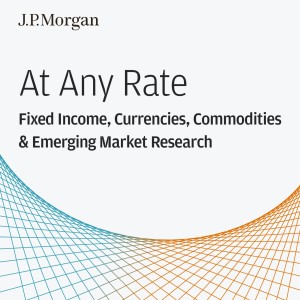
The price of oil has remained relatively subdued since the October 7 Hamas attacks on Israel. This is consistent with our baseline view that oil price will exit the year at $86 before declining to an average of $83 next year amid slowing global economic growth. The main risk to our view is that a broadening of the conflict could close the Strait of Hormuz or that a more general Middle Eastern conflagration could ignite retaliatory responses from major oil producing countries. Crucially, for all of recorded history, despite many threats, the strait has never been actually closed off and oil continued to flow. Iran could retaliate in other ways, such as disrupting shipping in the Persian Gulf. But even the “Tanker War” of the 1980s—when 259 oil tankers were attacked between 1984 and 1987—did not impair Gulf oil exports or substantially increase world oil prices. Similarly, a 1970s style oil embargo by the Gulf oil producing states appears unlikely because two-thirds of GCC’s oil exports today are purchased by Asian clients and, importantly, the economic transformation currently planned and implemented in the region requires sustained absence of conflict.
Speaker:
Natasha Kaneva, Head of Global Commodities Research
This podcast was recorded on 03 November 2023.
This communication is provided for information purposes only. Institutional clients can view the related report https://www.jpmm.com/research/content/GPS-4547564-0 for more information; please visit www.jpmm.com/research/disclosures for important disclosures. © 2023 JPMorgan Chase & Co. All rights reserved.
More Episodes
Create your
podcast in
minutes
- Full-featured podcast site
- Unlimited storage and bandwidth
- Comprehensive podcast stats
- Distribute to Apple Podcasts, Spotify, and more
- Make money with your podcast
It is Free
- Privacy Policy
- Cookie Policy
- Terms of Use
- Consent Preferences
- Copyright © 2015-2024 Podbean.com






